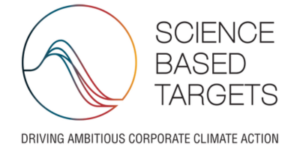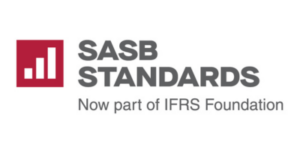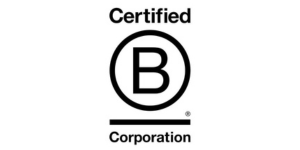
Sustainable
meetings & events
The events industry generates over $1 Trillion in direct spending – that would place it as the 22nd largest world economy. There’s a lot of power to make a more positive impact with sustainable event, meeting and conference plans.
Building your Sustainable Event Plan
Engage us to start with a Sustainable Event Workshop for an initial recommendation set. Then, we can support vendor oversight, policy development, reporting, etc. as needed.
01
Audit
Figure out where your event and organization has an impact and make your business case.
02
Prioritize
Map actions for cost vs. impact, and against SDGs (below) to build your plan and policies.
03
Execute
Partner with suppliers, communicate with stakeholders, measure and report results.
Areas of impact - components will encompass:

Supply Chain Management
Develop sustainable procurement policies and selection processes to go greener.

Food & Beverage Planning
Minimize waste and footprint, go healthier and organic, source locally and responsibly.
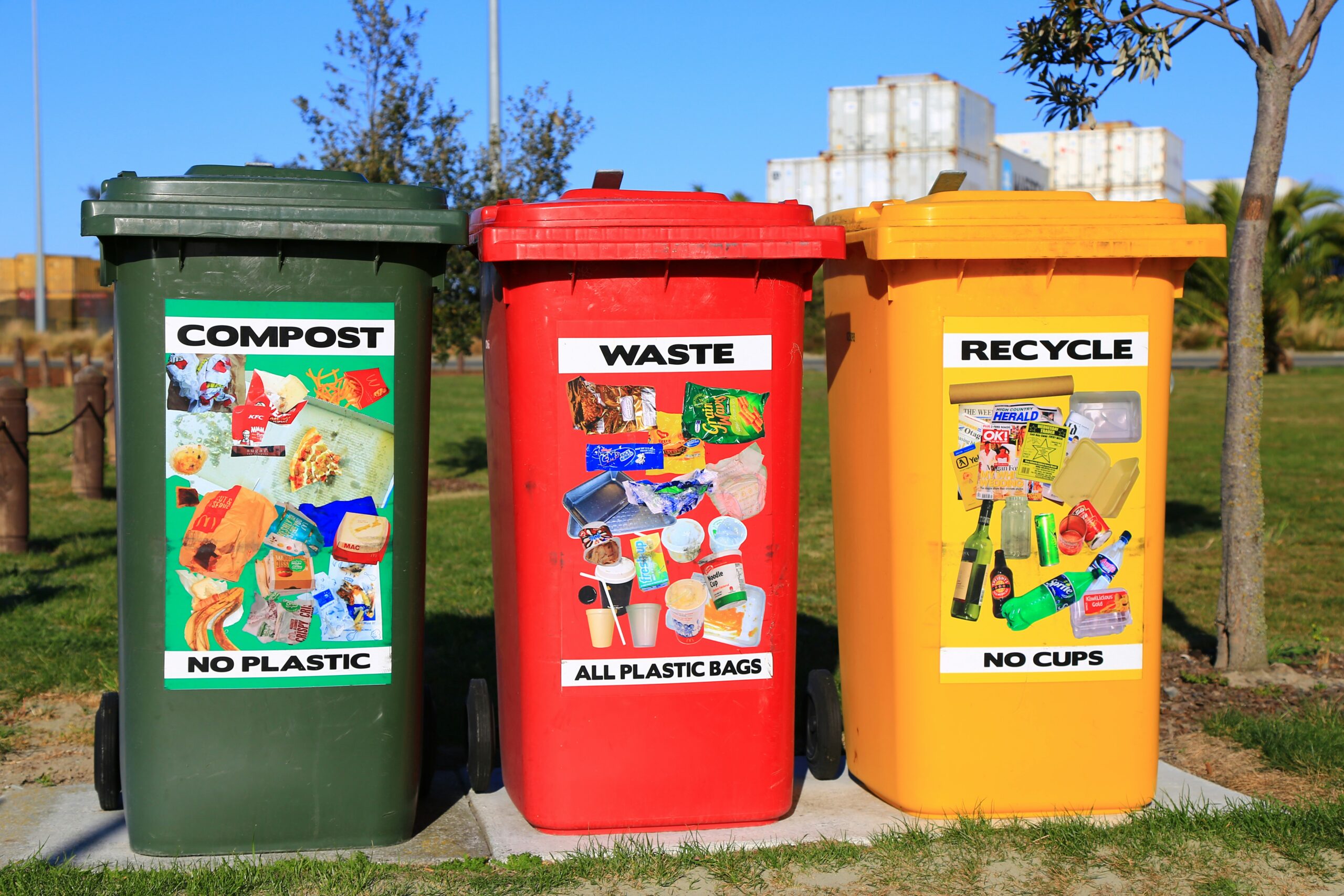
Materials & Waste Management
Plan to use less, consider lifecycle planning and find optimal disposal options.

Diversity, Accessibility & Inclusion
From site logistics to speaker/ supplier selection, food service and more, encourage full and dignified participation for all.
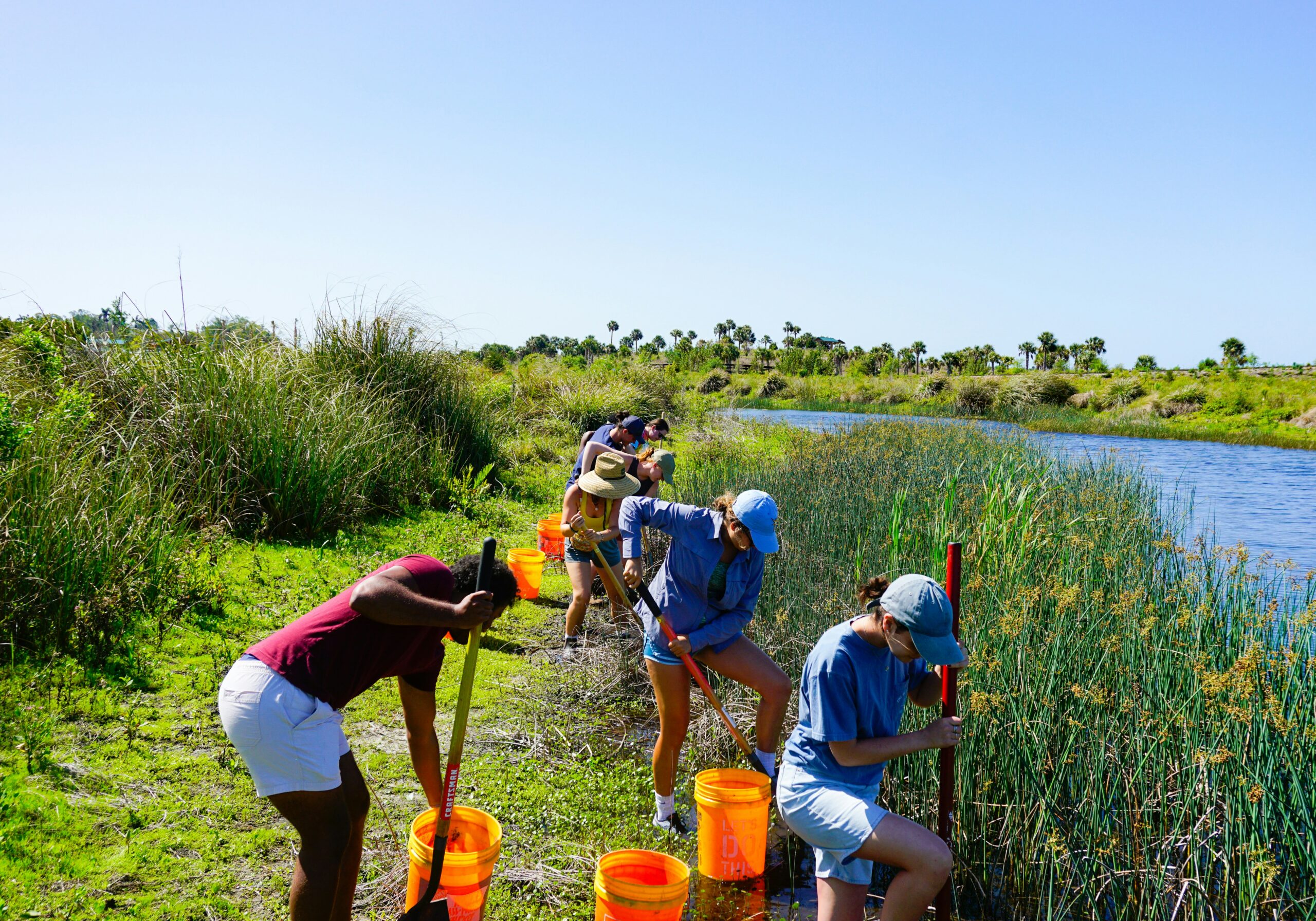
Corporate Social Responsibility
Ensure CSR activities are meaningful and engaging, aligned to your values and skills and meet a local need.

Reporting, Marketing & Communications
Create accountability and benchmark for future planning. Effectively promote practices and communicate with key stakeholders.
Events as a shared responsibility
Event organizers and suppliers should all carry responsibility for the lifecycle of a sustainable event, from identifying impacts, implementing a sustainable event plan and communicating efforts to key stakeholders.
Global best practice - how ESG framework applies to events:
Environmental
Monitoring and improving carbon emissions, waste management, water and resource conservation, supply chain management and responsible purchasing.
Social
Considering labor practices, universal human rights, respect for culture, health and well-being, safety and security, accessibility, diversity and more.
Governance
Supporting economies with partnership and collaboration, responsible governance, transparency and local and equitable sourcing considerations.
Selecting SDGs:
The United Nations Sustainable Development Goals (SDGs) were adopted in 2015 by all UN Member States as part of a 2030 Agenda for Sustainable Development. Today, most major corporate sustainability plans and reports include the entity’s selection of pertinent SDGs and progress against them.
For events, we consider how you can help achieve the SDGs through your decisions.
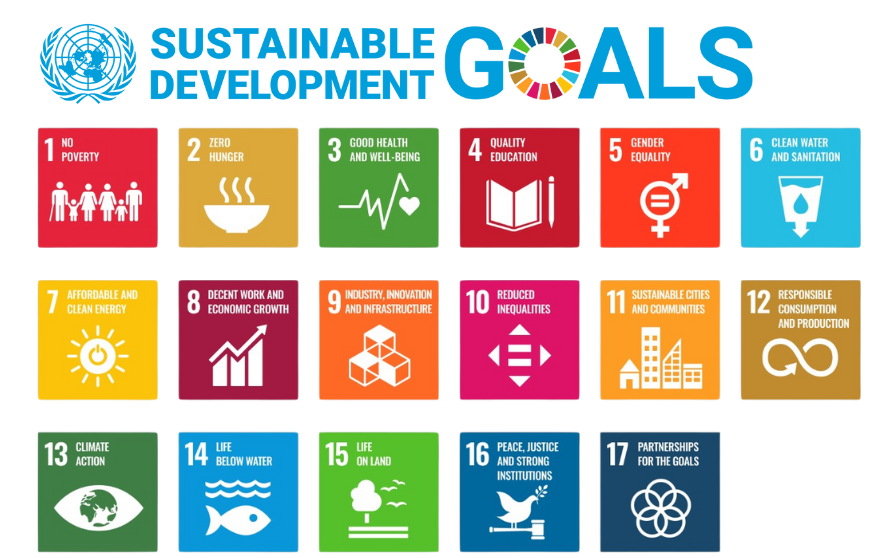
Certifications we'll utilize for your Sustainable Event Plan:
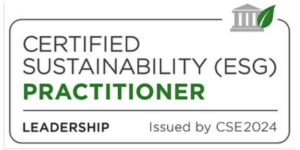

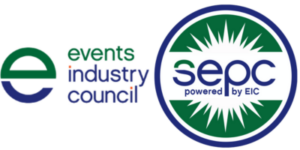

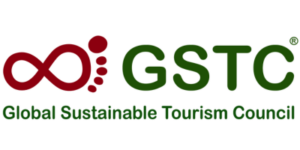

Knowledge of:

